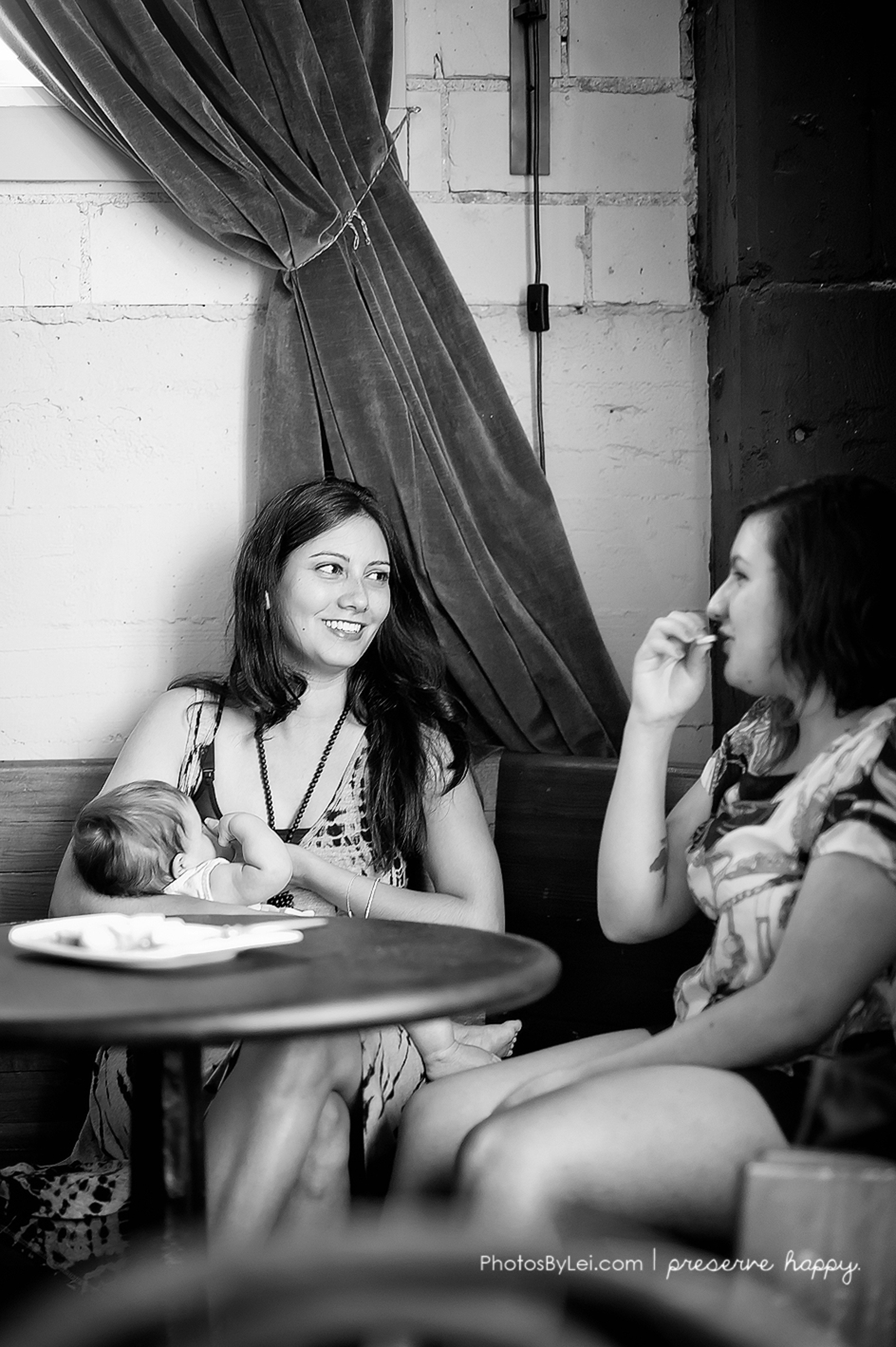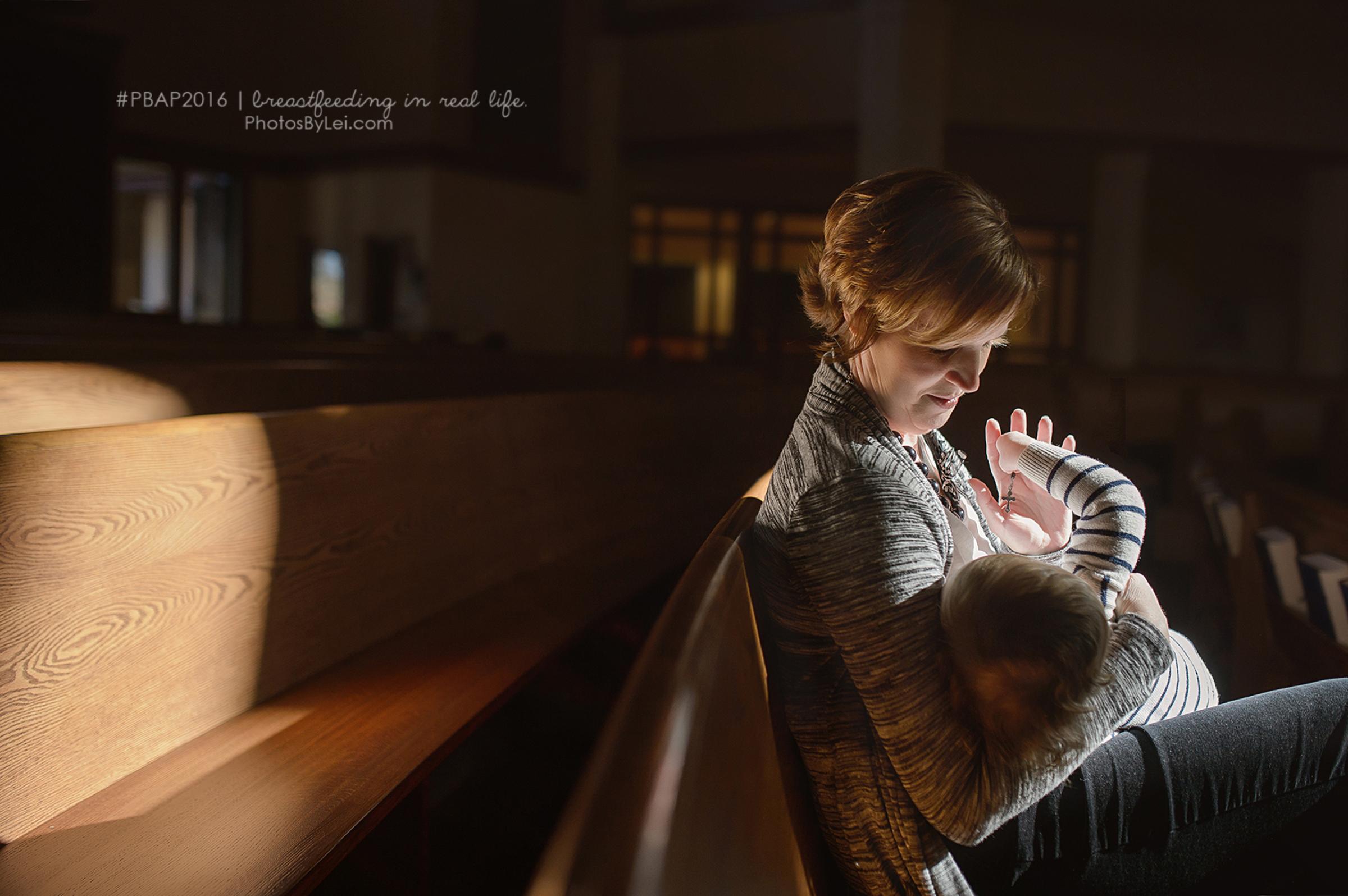
Photographer Leilani Rogers founded the Public Breastfeeding Awareness Project in 2013 to normalize the act of women nursing in public, after experiencing her own discomfort with it.
“As a new mom, I feared judgment or discrimination for breastfeeding in public, so I’d hide in restrooms or cars, or just never leave the house because it was too stressful for me,” Rogers, 41, tells PEOPLE. “Little did I know this was a common issue for many other moms, too.”
Rogers felt she would be judged for “exposing” herself.
“With an excessive amount of focus on the sexual function of the female body, we don’t consider breastfeeding as a physiological need when we round the corner at the grocery store and find a breastfeeding woman standing right there,” she says. “We rush to judgment.”

The Texas-based mom-of-four decided to use photography to help alleviate some of the stigma surrounding public breastfeeding.
“The more you see something, the more normal it becomes,” she says. “Had I seen more of it years ago, I might have felt more comfortable with it myself.”
Rogers recruited 70 photographers from around the world to join her in documenting the act of public breastfeeding.
“PBAP shares public breastfeeding images to bring both awareness to the issue of judgment and discrimination many nursing moms face, and increase tolerance and acceptance for nursing in public,” she says.
Rogers hopes the project will have an impact on the way breastfeeding is perceived.
“I hope people will begin to separate breastfeeding from exposing oneself,” she says. “They are not the same thing.”
“I also hope that by illustrating the multiple ways a mother may choose to feed in public—covered, uncovered, by bottle, by breast—we begin to bridge a division amongst moms who place themselves in opposing camps,” she continues. “Moms should support moms regardless of how they choose to mother.”
This article originally appeared on People.com
More Must-Reads From TIME
- The 100 Most Influential People of 2024
- The Revolution of Yulia Navalnaya
- 6 Compliments That Land Every Time
- What's the Deal With the Bitcoin Halving?
- If You're Dating Right Now , You're Brave: Column
- The AI That Could Heal a Divided Internet
- Fallout Is a Brilliant Model for the Future of Video Game Adaptations
- Want Weekly Recs on What to Watch, Read, and More? Sign Up for Worth Your Time
Contact us at letters@time.com